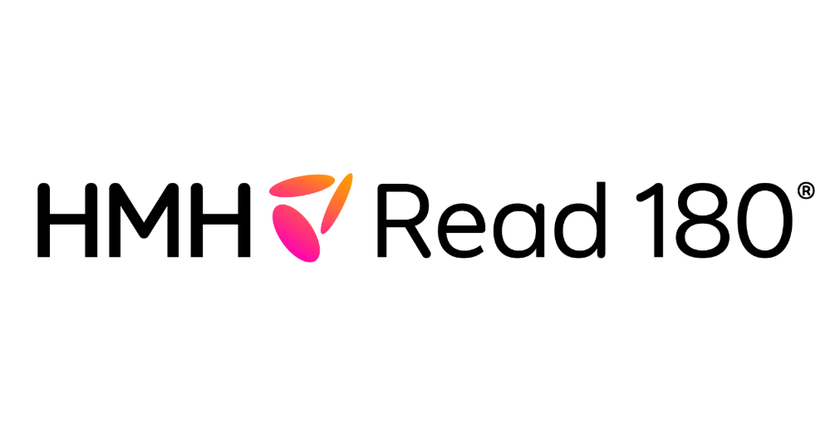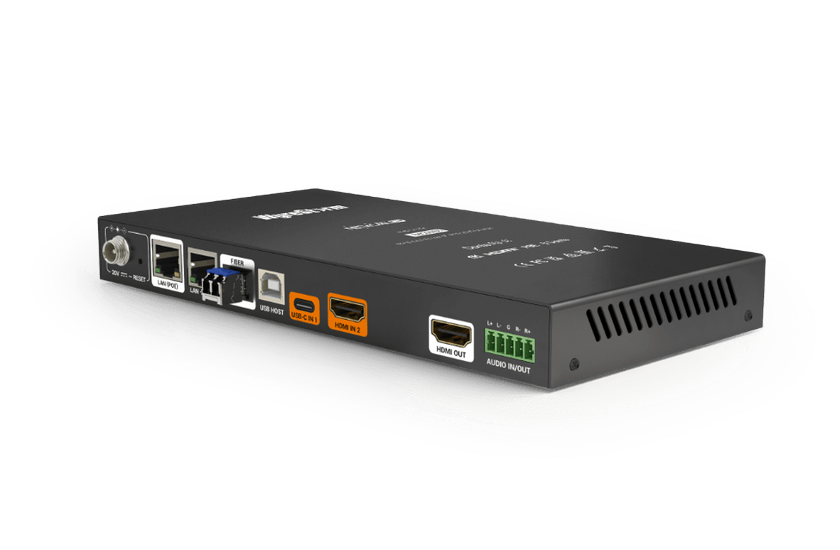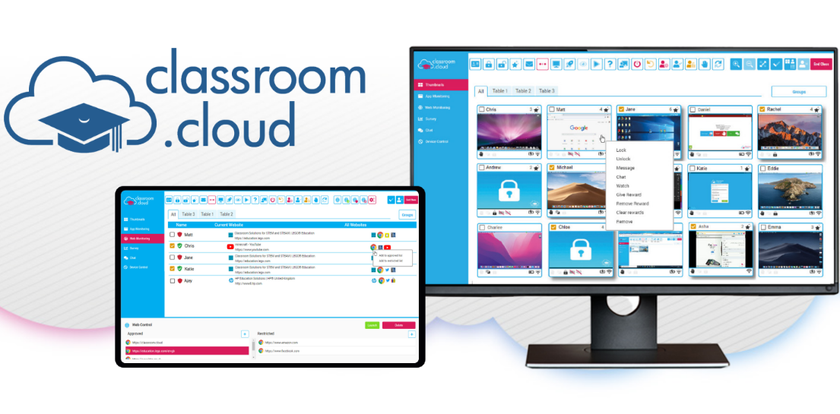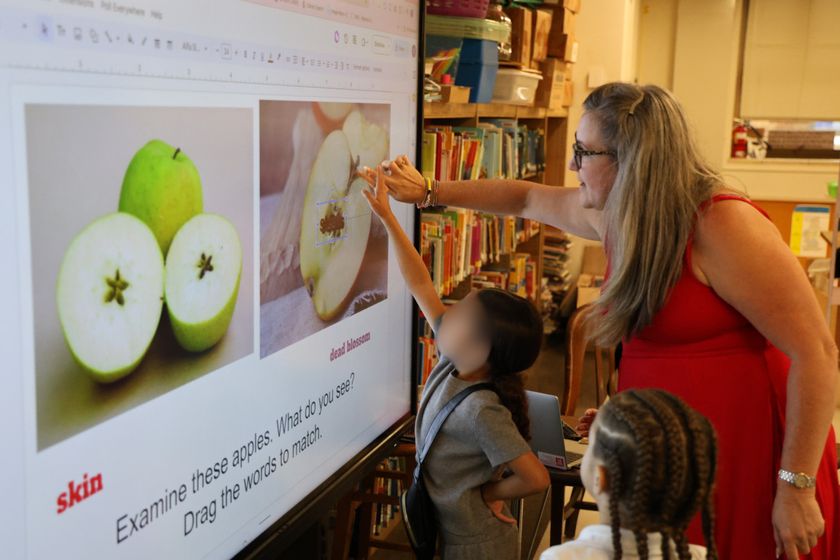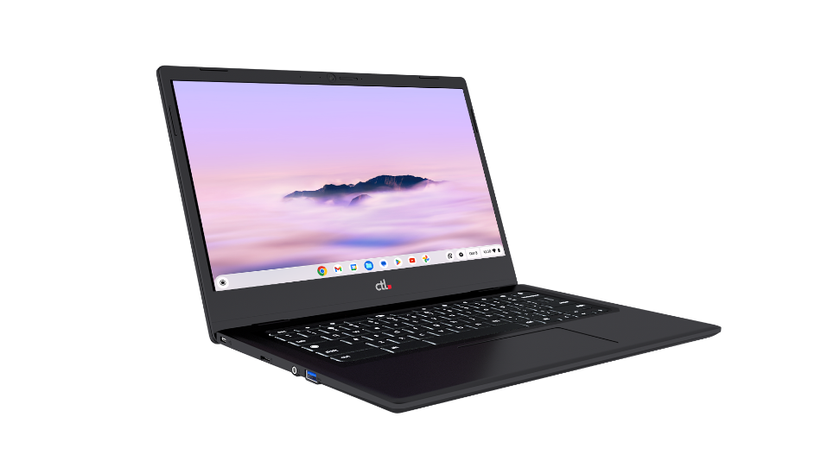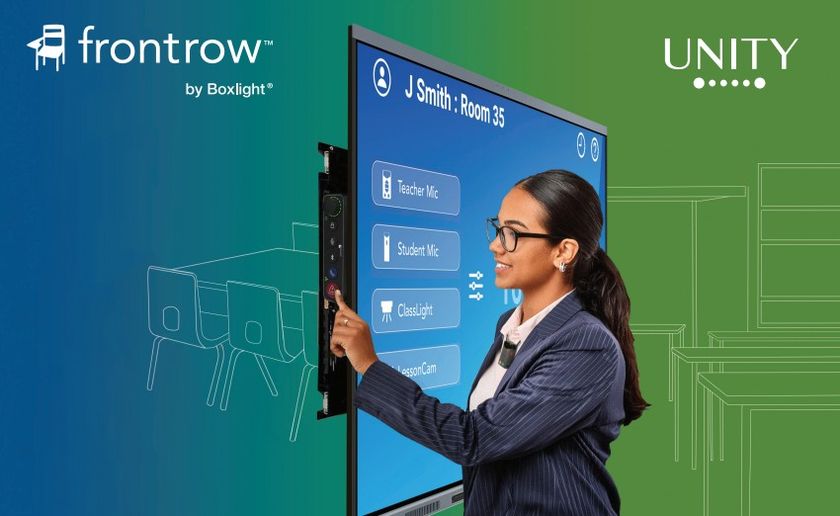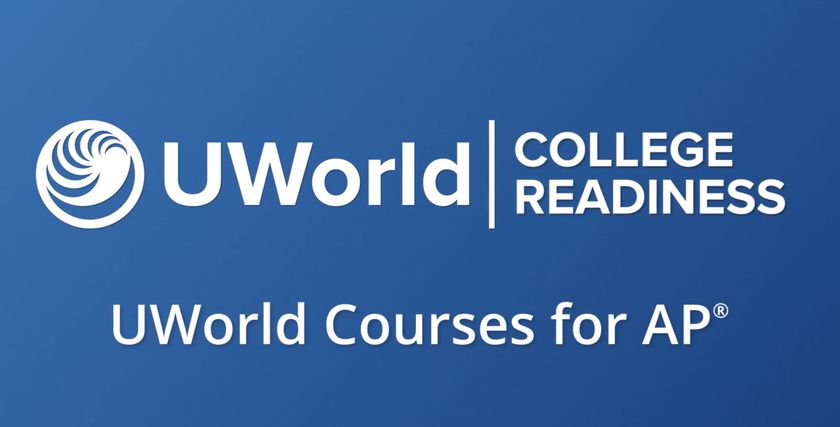How to Guide Students in Online Research
An excerpt from Genius Matters: A Framework for Epic Transformation by Angela Maiers. To download the book for free, go to: downloads.smarttech.com/media/ebooks/genius_matters_book.pdf

Many scholars of the past burrowed into library stacks, read the printed literature on a topic, consulted with a mentor, and emerged with their research.
Today, the smartest person in the room is the room.
While there are many instances of scholarly collaboration throughout history, none rise to the level of what’s possible today, when dozens or scores or hundreds of people from around the world can connect simultaneously and in real time.
NYU professor Clay Shirky says that most people “overestimate the value of access to information and underestimate the value of access to each other.”
While this may be true of most adults, students already understand the power and value of connecting with others, and they’re exceedingly comfortable doing it digitally. Students dominate popular Q&A sites such as Yahoo! Answers, Answers.com, and Quizlet. However, these sites are not authoritative, rarely provide links to references, and should not be cited as sources in a student paper.
Here are examples of places where students can ask questions of researchers or subject matter experts online and possibly find a mentor or collaborator.
ASK A LIBRARIAN
Many local, county, and college libraries offer virtual “Ask a Librarian” services through which students can ask trained librarians for reference help. Many libraries work through a network of libraries to provide 24/7 coverage around the world. When a student needs to find a great resource but can’t arrange a face-to-face visit with a reference librarian, “Ask a Librarian” services fill the gap.
QUORA
Quora is a question and answer site where most answers are provided by professionals. Unlike other Q&A sites, most users register with their real names and provide their credentials—and most answers are at least somewhat useful. We recently created this Choose2Matter page on Quora. When a student asks a question about social entrepreneurship, we’ll find an expert to answer it: www.quora.com/topic/Choose2Matter
Angela Maiers is an educator and author who speaks regularly at conferences. Learn more at www.angelamaiers.com.

With hundreds of millions of users, Twitter can be an excellent resource for students who want to find a handful of people who can provide them insight. Students need to learn to use hashtags to target their tweets to people who are likely to have knowledge about the subject of their question.
When Maggie Moran, a sophomore education major, wanted to find an expert with whom she could discuss tutoring a student with interrupted formal education (SIFE), she turned to Twitter, using the #SIFE hashtag. She reports that, “within minutes of my tweet, I received five replies with suggestions on books to read, methods to try, and educators to follow who were experts in the area.”
VIDEO CONFERENCING
Services such as Skype and Zoom make it feasible for anyone with an Internet connection to video conference, free of charge, with anyone anywhere in the world who also has an Internet connection. Skype in the Classroom offers premium tools free of charge to educators, including a service to connect with guest authors, expert teachers, and others.
Depending on the ages and sophistication of your students, either create a classroom account or have students create individual accounts for each of the services (or divide the services up among the students, so that a fifth of your class is using each one).
Fortunately, students can explore many free avenues online to connect with experts in almost any field of study or area of interest. All they need is for adults to open the door and point them in the right direction.
Tech & Learning Newsletter
Tools and ideas to transform education. Sign up below.

